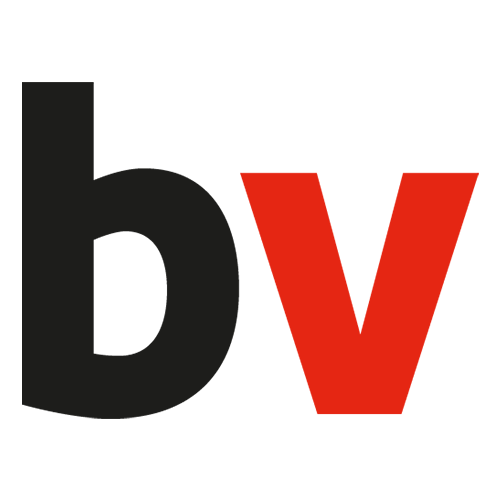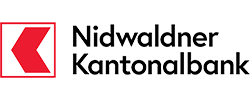
Agile Project Management with Jira Software
What is Agile Project Management?
Agile Project Management is a dynamic, data-centric, and adaptable approach to project execution. In the corporate context, agility involves a constant drive for improvement, profitable operations in a dynamic market, and the ability to swiftly adapt to evolving customer needs and market demands.
Unlike conventional methodologies, Agile Project Management involves the continuous development and real-time adjustment of plans, processes, and products. It places decision-making power in the hands of team members, allowing them to independently plan and organize their capacities and tasks.
Agile Project Management fosters transparency by systematically capturing, visualizing, and efficiently reporting project statuses.
Exploring Agile Concepts and Implementation
What is the meaning of Agile?
Agile represents a method of accomplishing tasks — a data-driven mindset and an approach to project management that consistently evolves plans, processes, and products. Organizations and leaders embodying agility demonstrate a proactive and forward-thinking approach, consistently embracing and implementing essential changes.
What is an Agile Mindset?
The agile approach promotes continual improvement and adaptability, prioritizing flexibility over rigid processes and fixed skills. An agile mindset involves embracing empirical approaches and being open to altering strategies based on data-driven insights.
What is an Agile Mindset?
The agile approach promotes continual improvement and adaptability, prioritizing flexibility over rigid processes and fixed skills. An agile mindset involves embracing empirical approaches and being open to altering strategies based on data-driven insights.
Why opt for Agile?
Agile proves its impact as agile teams consistently surpass traditional teams in developing products that are not only faster but also more reliable and cost-effective. Agile organizations empower their team members, granting them the freedom to make decisions. Agile project management approaches are relatively straightforward and simplify the handling of project complexities, where conventional methods often fall short.
What are common agile methods?
Kanban, Scrum, SAFe, and XP are four widely embraced agile methodologies:
Kanban: Visualizes workflow and minimizes waste.
Scrum: Breaks down work into sprints with well-defined roles and tasks.
SAFe: Scales agile practices for large enterprises.
XP(Extreme Programming): Incorporates suitable technical practices for software development.
- Kanban: Visualisiert Arbeitsfluss und minimiert Verschwendung.
- Scrum: Teilt Arbeit in Sprints auf, mit klaren Rollen und Tätigkeiten.
- SAFe: Skaliert agile Praktiken für große Unternehmen.
- XP (Extreme Programming): Betont technische Praktiken zur Verbesserung von Softwarequalität und Anpassungsfähigkeit.
What are common agile methods?
Kanban, Scrum, SAFe, and XP are four widely embraced agile methodologies:
Kanban: Visualizes workflow and minimizes waste.
Scrum: Breaks down work into sprints with well-defined roles and tasks.
SAFe: Scales agile practices for large enterprises.
XP(Extreme Programming): Incorporates suitable technical practices for software development.
Was sind agile Methoden?
Kanban, Scrum, SAFe und XP sind vier agile Methoden welche für die Softwareentwicklung zentral sind:
- Kanban: Visualisiert Arbeitsfluss und minimiert Verschwendung.
- Scrum: Teilt Arbeit in Sprints auf, mit klaren Rollen und Tätigkeiten.
- SAFe: Skaliert agile Praktiken für große Unternehmen.
- XP (Extreme Programming): Betont technische Praktiken zur Verbesserung von Softwarequalität und Anpassungsfähigkeit.
Jira Software und Agile
Jira ist ein Tool, mit dem Teams ihre agilen Prozesse modellieren und ausführen können.
- Erleichtert das Planen, Priorisieren, Organisieren und Abschließen der Arbeit
- Visualisiert Arbeit mithilfe von Projekttafeln, Berichten und Dashboards
- Erleichtert die Kommunikation im Team
- Ermöglicht iterative und inkrementelle Entwicklung von Softwarelösungen
ITSM, ESM & ITIL – einfach erklärt
Wo ist der Unterschied zwischen ITSM & ESM?
Im ITSM steht die Bereitstellung und Verwaltung von IT-Services im Vordergrund, wobei das Hauptaugenmerk darauf liegt, die IT-Strukturen an die Geschäftsanforderungen anzupassen und kontinuierliche Verbesserungsmöglichkeiten zu erkennen. Das Ziel ist es, einen Service-basierten Betriebsmodus für IT-Teams zu schaffen, der den Unternehmensbedürfnissen gerecht wird.
Im Gegensatz dazu ermöglicht Enterprise Service Management (ESM) eine ganzheitliche Steuerung von Service-Anforderungen und -Lieferungen über verschiedene Unternehmensbereiche hinweg. Hier steht nicht nur die IT, sondern die gesamte Organisation im Fokus. Durch den Einsatz von ESM-Plattformen können Unternehmen den Innovationszyklus beschleunigen, vielfältige Arbeitsabläufe integrieren und eine interdisziplinäre Zusammenarbeit fördern.
Welche Unternehmensbereiche können von einer ESM-Lösung profitieren?
Personalwesen (HR): Talentmanagement, Onboarding, Gehaltsabrechnung und andere personalbezogene Dienstleistungen
Marketing: Kampagnenmanagement, Content-Erstellung, Content-Verteilung
Einkauf und Beschaffung: Lieferantenmanagement, Bestellprozesse, Vertragsverwaltung
Kundenservice: Anfragen, Beschwerdemanagement und Kundenzufriedenheitsmessung
Rechtsabteilung: Vertragsmanagement, Compliance, regulatorische Angelegenheiten
Finanzwesen: Budgetierung, Rechnungswesen, Finanzreporting
Was bedeutet ITIL (Information Technology Infrastructure Library) im Zusammenhang mit ITSM?
ITIL (Information Technology Infrastructure Library) ist ein Rahmenwerk, das Best Practices für IT Service Management (ITSM) bereitstellt. Es dient als Leitfaden für die Planung, Bereitstellung und kontinuierliche Verbesserung von IT-Dienstleistungen, um die Geschäftsanforderungen optimal zu erfüllen. ITIL hilft Unternehmen, durch strukturierte Prozesse und Verfahren die Qualität der IT-Services zu erhöhen, Risiken zu minimieren und die Effizienz zu steigern. Es behandelt diverse Aspekte des ITSM, von der Service-Strategie über den Service-Entwurf bis hin zum Service-Betrieb und zur kontinuierlichen Verbesserung.
Weiterführende Unternehmensbereiche ESM
Während ITSM sich primär auf IT-Dienstleistungen konzentriert, erstreckt sich ESM auf eine Vielzahl weiterer Unternehmensbereiche, beispielsweise:
Personalwesen (HR)
- Talentmanagement
- Onboarding
- Gehaltsabrechnung und andere personalbezogene Dienstleistungen
Marketing
- Kampagnenmanagement
- Content-Erstellung
- Content-Verteilung
Einkauf und Beschaffung
- Lieferantenmanagement
- Bestellprozesse
- Vertragsverwaltung
Kundenservice
- Anfragen
- Beschwerdemanagement und Kundenzufriedenheitsmessung
Rechtsabteilung
- Vertragsmanagement
- Compliance
- regulatorische Angelegenheiten
Finanzwesen
- Budgetierung
- Rechnungswesen
- Finanzreporting
ITSM oder ESM?
Sie fragen sich, welches die richtige Lösung für Ihr Unternehmen ist? Wir beraten Sie gerne!
-Logo-wine.png?width=801&height=164&name=Jira_(software)-Logo-wine.png)
Efficient workflows, enhanced transparency, and continuous improvement— all in one place
Jira Software stands out as the go-to project management tool for agile teams, providing functionalities for planning, tracking, releasing, and maintaining a comprehensive overview.
Key Pillars of Jira Software
Empowering Teams
Jira Software cultivates team autonomy, empowering them to progress at an optimal and consistently efficient pace. By leveraging Scrum and Kanban boards, team members gain the capability to independently manage their work capacities, thereby enhancing the overall strength of the team.
Team Transparency
Jira Software ensures transparency within teams by providing clear work structures, real-time reports, and well-defined responsibilities. This facilitates open communication and transparency, crucial for cohesive teamwork.
Efficiency Enhancement
Teams using Jira Software benefit from improved planning, prioritization, and organization. The platform's structured organization and visualization of tasks via project boards enhance overall team efficiency.
Continuous Improvement
Jira Software supports iterative development processes, ensuring adaptability to changing requirements. Various dashboards and real-time reports empower teams to identify bottlenecks early and continually refine their processes.
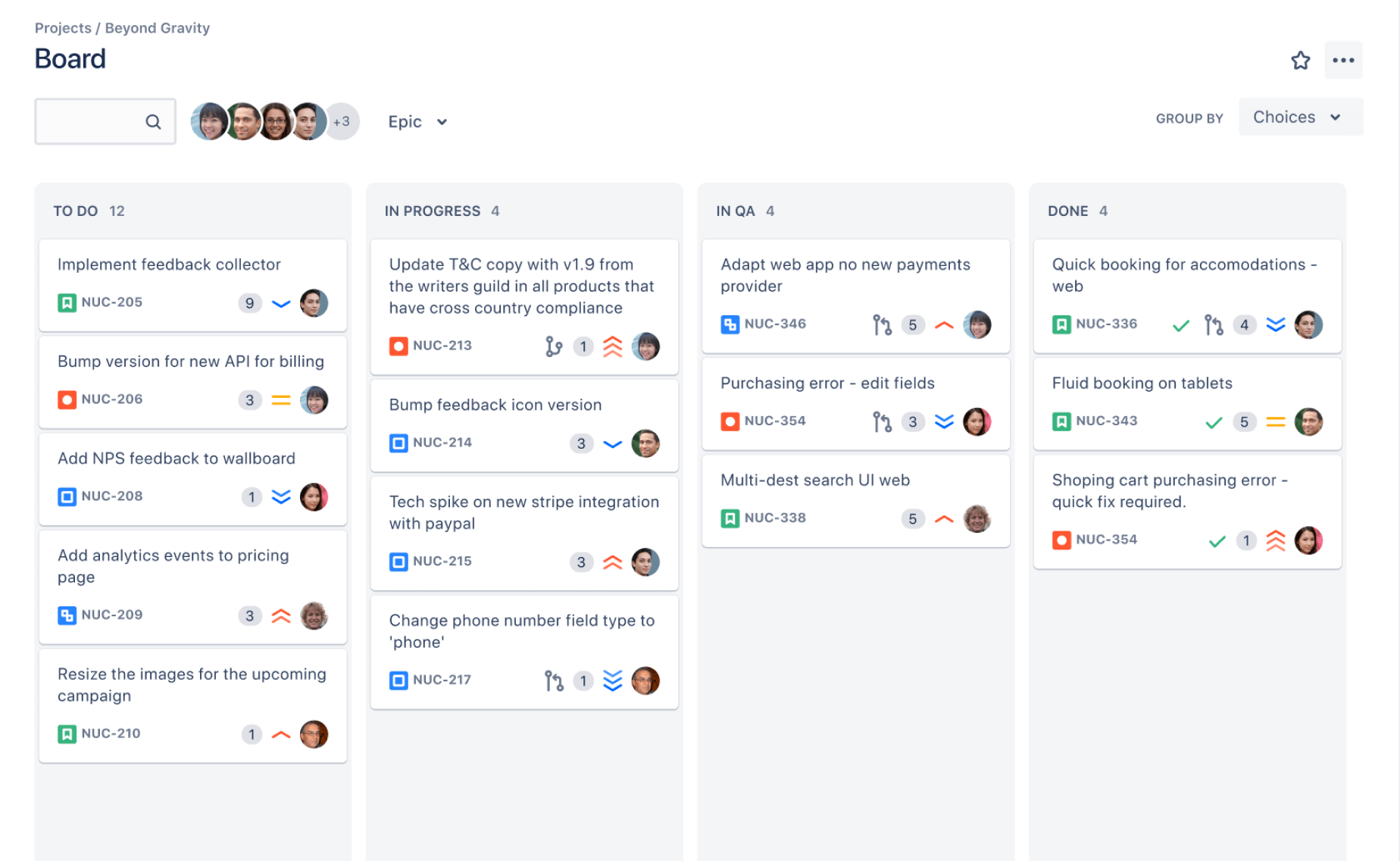
Kanban Boards
In Jira Software, Kanban boards emerge as a powerful tool for implementing agile project management. These boards help:
- Visualize tasks and organize work efficiently
- Identify bottlenecks in workflows
- Continuously improve workflow processes
- Empowering the team through self-management of capacity
Kanban Boards
In Jira Software, Kanban boards emerge as a powerful tool for implementing agile project management. These boards help:
- Visualize tasks and organize work efficiently
- Identify bottlenecks in workflows
- Continuously improve workflow processes
- Empowering the team through self-management of capacity

Scrum Boards
Scrum Boards prove ideal for teams working within fixed timeframes and specific task volumes. By organizing work into sprints, Scrum Boards strike a balance between working in large batches and maintaining a continuous queue.
Scrum Boards empower team members to allocate their work capacities independently. Visualization of tasks (issues) offers a transparent overview of project status and individual Scrum sprints.
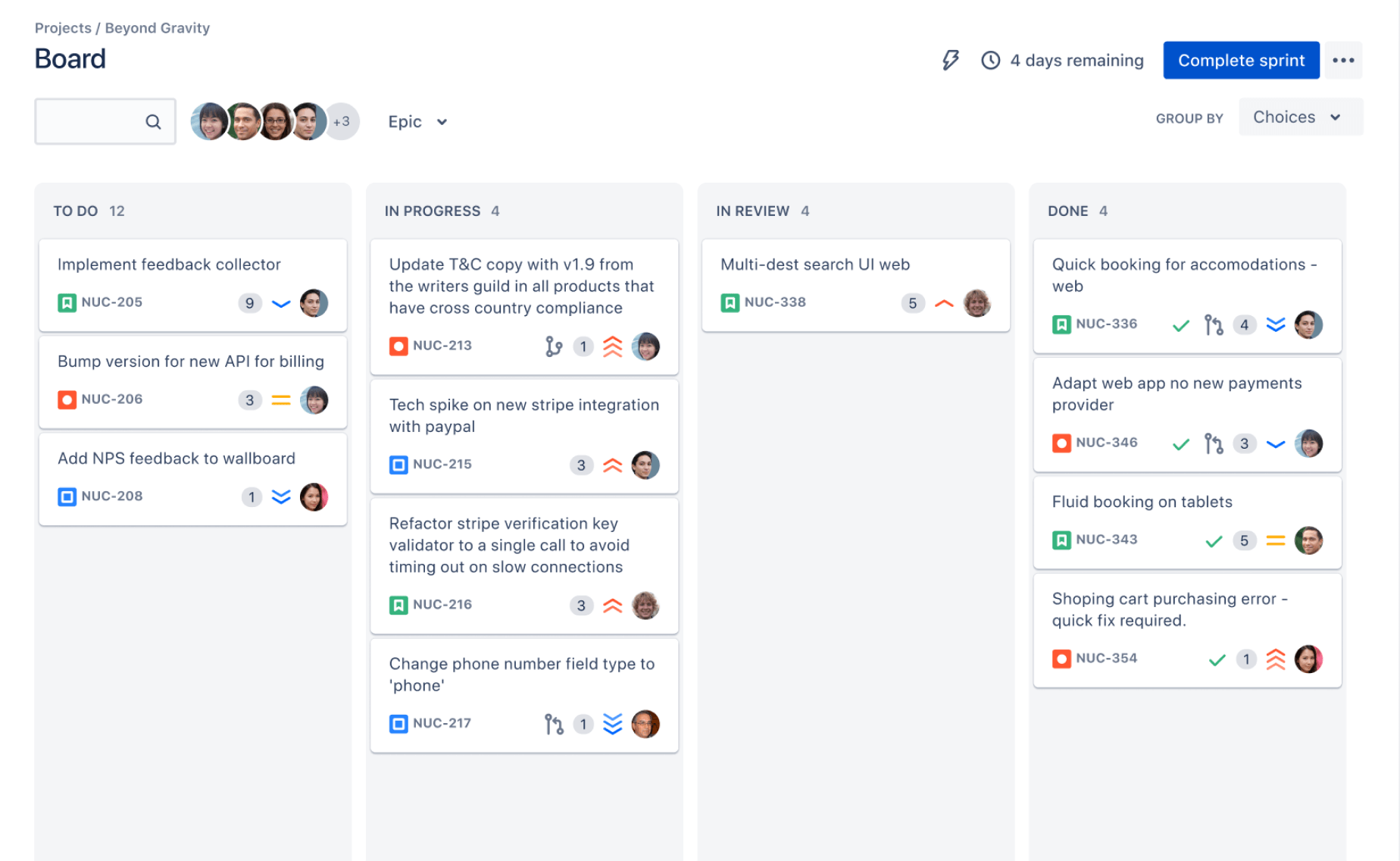
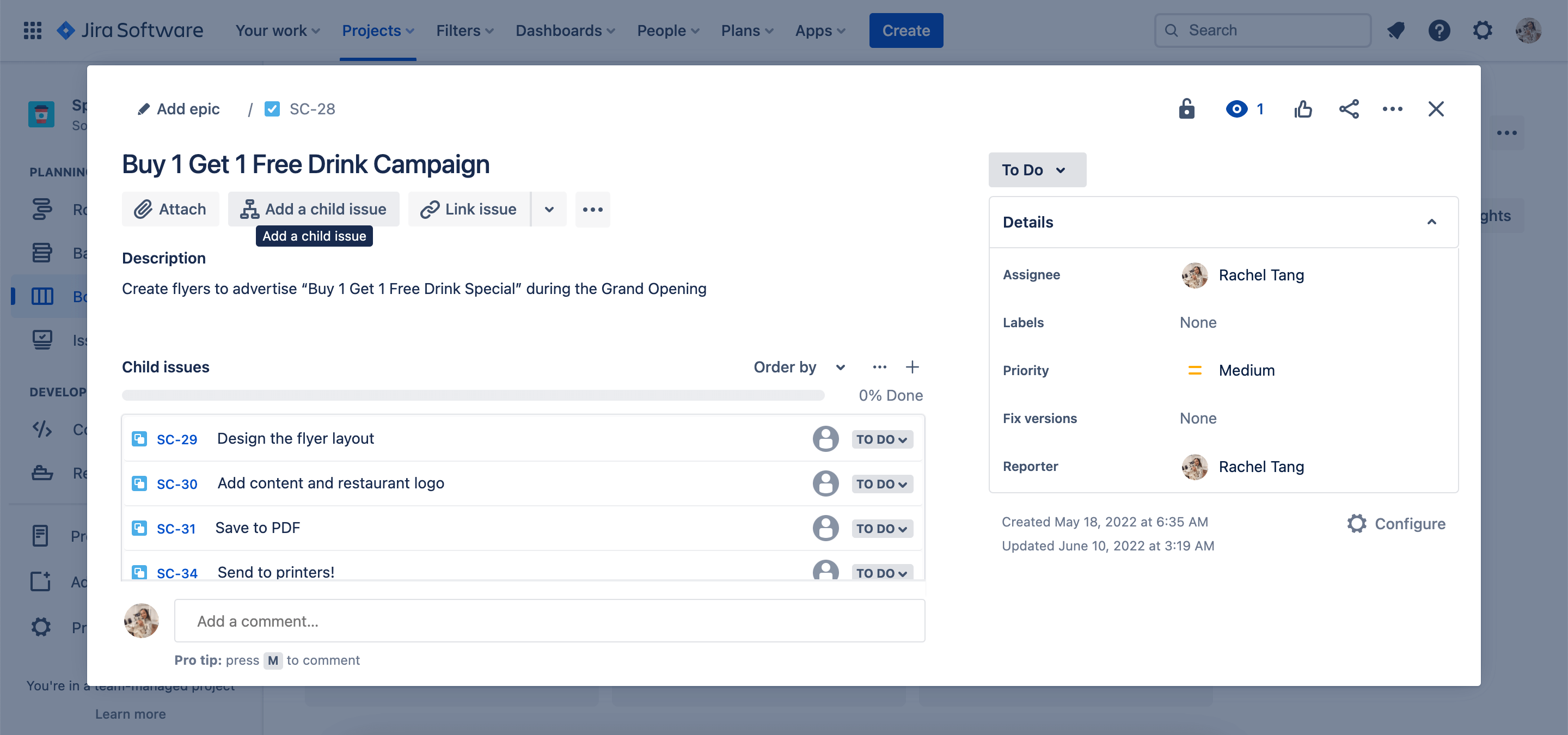
Issue Management
In Jira Software, issues serve to represent work tasks. These tasks progress through different statuses like "To do", "In progress", and "Done".
Issue management entails capturing, tracking, and updating tasks. Teams can autonomously allocate tasks, assign priorities, and customize descriptions. This proactive approach facilitates the early detection of issues and bottlenecks.
Issue Management
In Jira Software, issues serve to represent work tasks. These tasks progress through different statuses like "To do", "In progress", and "Done".
Issue management entails capturing, tracking, and updating tasks. Teams can autonomously allocate tasks, assign priorities, and customize descriptions. This proactive approach facilitates the early detection of issues and bottlenecks.

Timeline
The timeline view in Jira Software proves instrumental for project and portfolio management, enabling teams to plan work, track progress, and display dependencies within a project clearly.

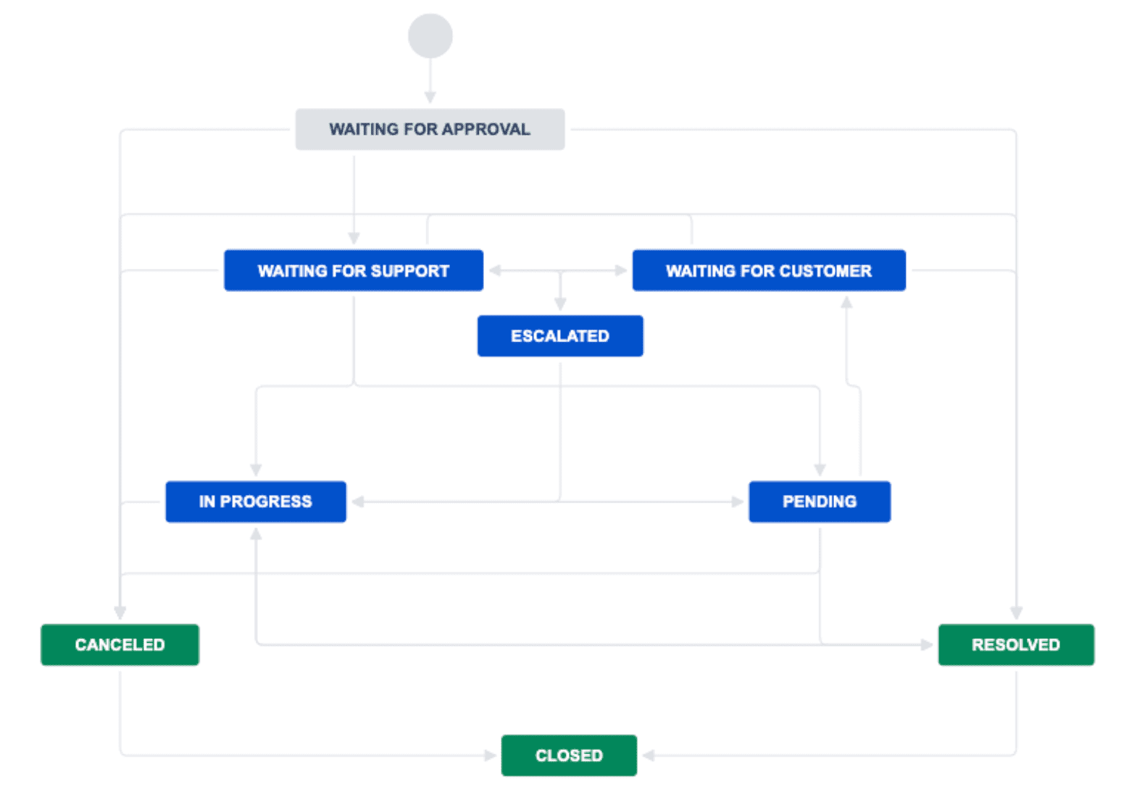
Workflow
Workflows represent work processes in your company. A workflow in Jira Software consists of various statuses and transitions that a task (issue) goes through from creation to completion.
A workflow can be customized depending on the task type and requirements.
Workflow
Workflows represent work processes in your company. A workflow in Jira Software consists of various statuses and transitions that a task (issue) goes through from creation to completion.
A workflow can be customized depending on the task type and requirements.
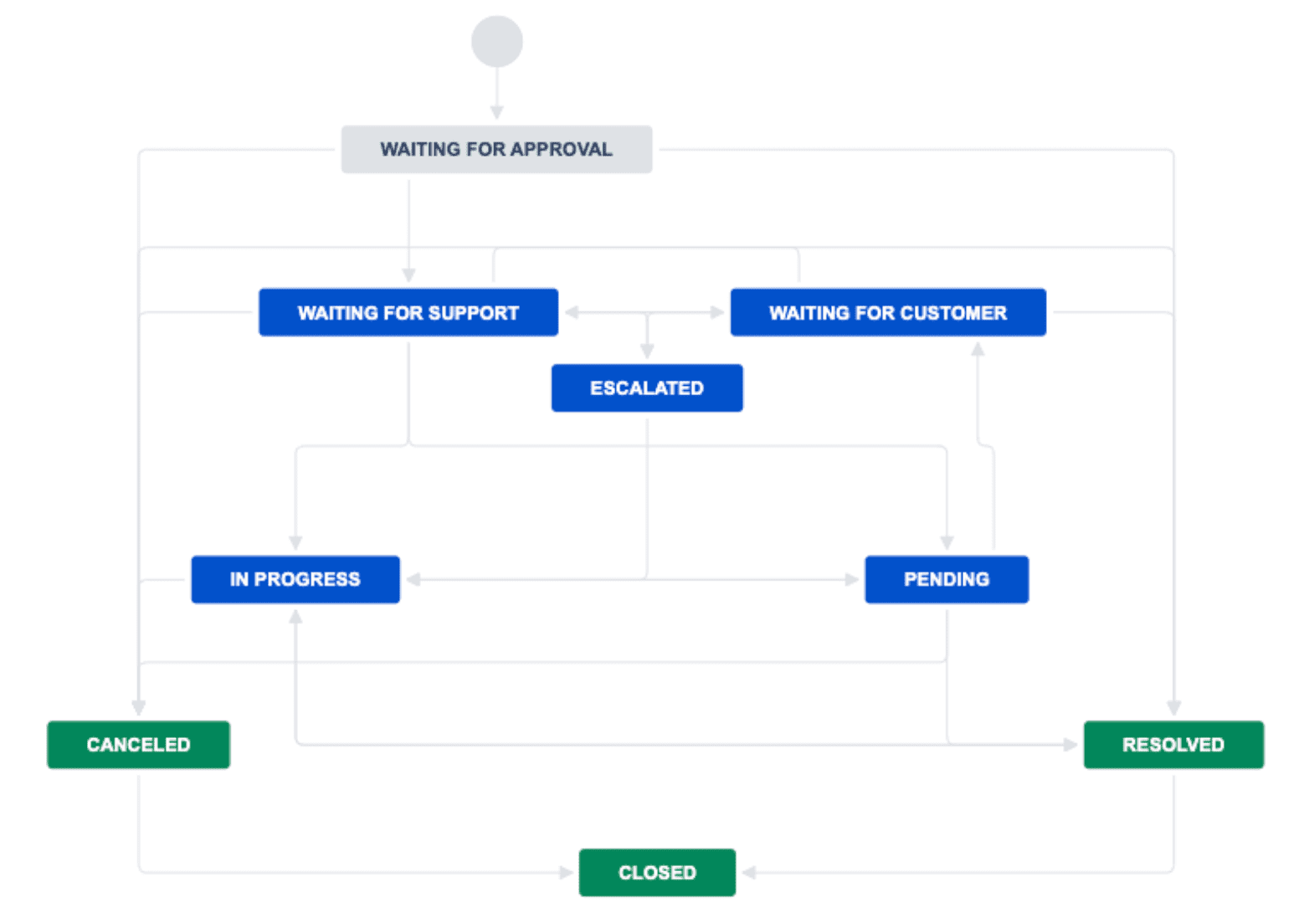
Dashboards, Insights, and Reports
Insights and reports draw data from projects, Scrum, and Kanban boards. While insights present current progress, reports visualize trends over issues and projects.
Dashboards display various types of real-time information from individual or multiple projects.
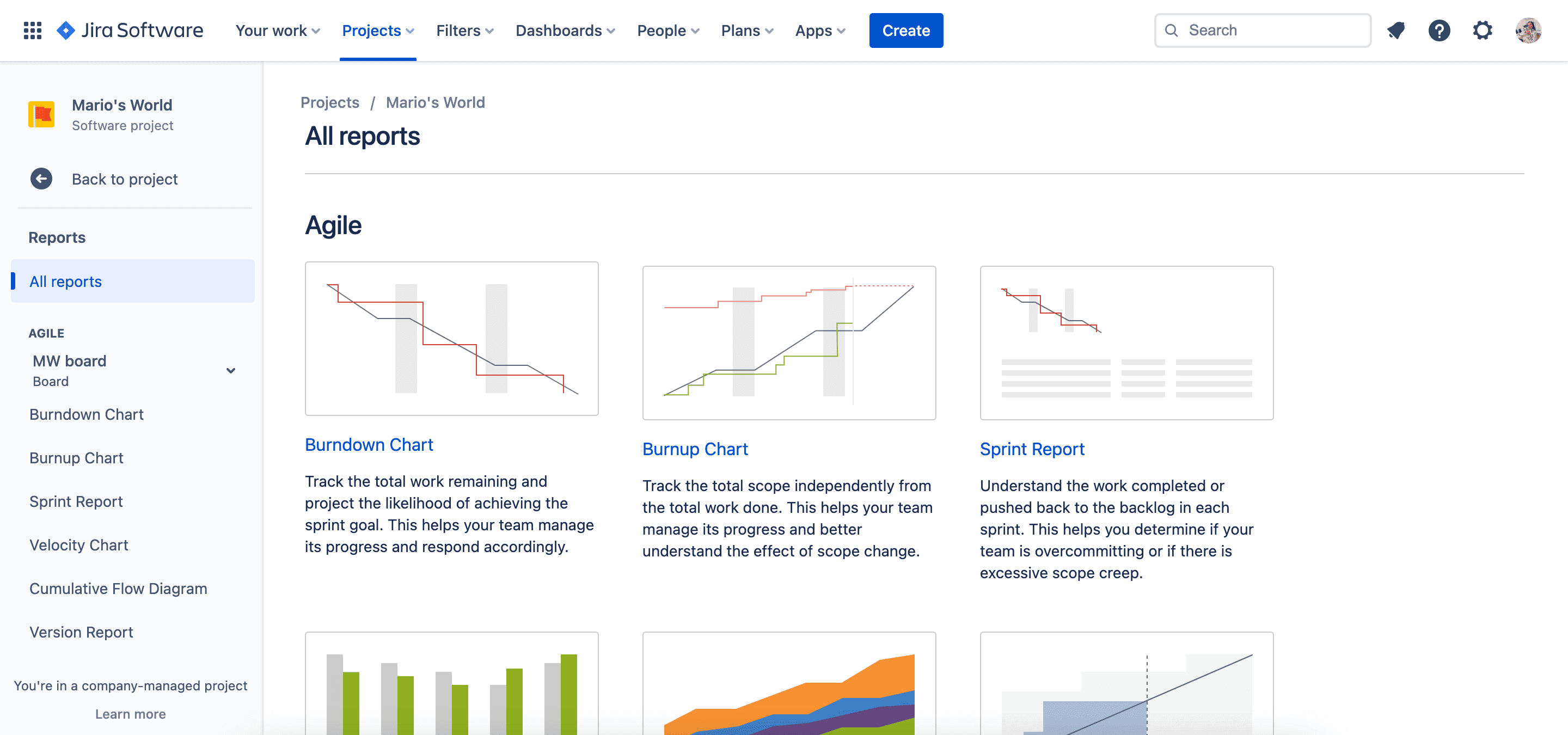
Experience Jira Software today
Ready for change? Start your free trial now and witness how Jira Software can reshape your project management.
bitvoodoo – Atlassian Platinum Partner
As a leading Swiss Atlassian Platinum Solution and Enterprise Partner, we specialize in conceptualizing and developing collaborative workplace solutions
We empower your Team
to get the Work done.
Als Atlassian Platinum Solution Partner unterstützen wir unsere Kund:innen dabei, das volle Potential von Jira Service Management zu entfalten.

Consultation for your Atlassian Suite
Are you in search of suitable software to introduce and implement agile project management in your organization? We stand ready to offer insightful and non-binding advice to meet your needs.
Our Consultation Process
Is your company grappling with a growing number of projects and requirements? Wondering how to seamlessly integrate the agile project management revolution into your organization? Whether you're embarking on your agile journey or seeking innovative solutions to overcome challenges, we're here to assist! Our team is prepared to guide you through every phase of your agile project cycle.
Identifying Challenges and Potentials
Workshops for specific requirement gathering and stakeholder identification
Joint definition of requirement
Defining Solution Approaches
Discussion and definition of solution approaches
Establishing the approach, including the next iterative steps
Validating Solution Approaches
Validation of solution approaches
Evaluation and adjustment
Technical clarifications
Agile Implementation
Configuration of the solution
Testing during implementation
Iterative adjustments based on evaluation phases
Knowledge Transfer & Documentation
Conveyance of built expertise through training
Receipt of comprehensive documentation
Individual Challenges Require Individual Solutions
We collaborate with you to formulate your requirement catalog, define milestones, conduct content-focused workshops, and assist with technical preparations for the successful introduction of Jira Software.
In a free introductory meeting, we can gain a deeper understanding of your needs and offer our services tailored to you.
bitvoodoo – Your Partner for Jira Software
We Offer:
Financial Flexibility
- As an Atlassian Reseller, bitvoodoo provides flexible license models, budget-optimized solutions, and valuable partner discounts. Our consultants help you keep costs within bounds.
Demo Version
- We provide guided demo versions as well as access to a dedicated test environment.
Support
- Our support team assists you with all concerns related to Jira Software.
Flexibility and Customization
- We customize Jira Software to your company's needs and desires.
Collaboration
- bitvoodoo provides consultation to strengthen your team through agile methods.
Support and Training
- In addition to technical support, bitvoodoo offers extensive training programs so you can fully utilize the potential of Jira Software.
Implementation and First Agile Projects
- We support you every step of the way, from the initial installation of Jira Software to the independent implementation of agile projects.
Tailored Service Offerings
- With our service offerings, you can rest assured knowing that maintenance and updates are seamlessly taken care of.
Trust through partnership: Our satisfied customers
Discover how we have advanced renowned companies with customized Atlassian solutions.
Project Management Revolution with Jira Software
Implementing Jira software led to a veritable project management revolution at the Neuchâtel Cantonal Bank. Efficient and digital approaches replaced traditional and manual methods. Agile project methodologies are now rooted in the company. Read more here.
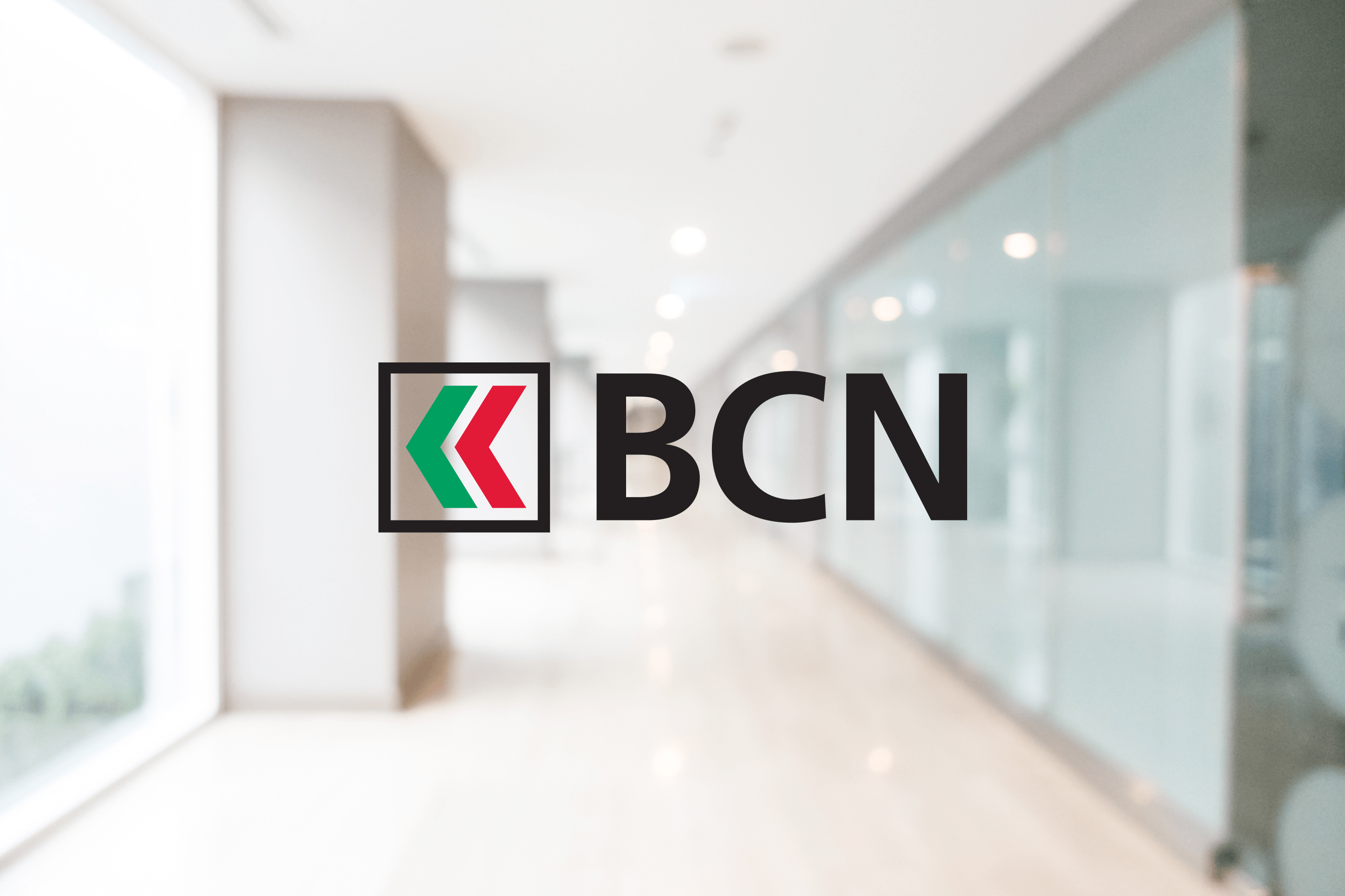
Die Herausforderung
Erstellen von spezifischen Excel-Berichten per Knopfdruck aus Jira durch Optimierung der Datenverfolgung und -erfassung.
Die Lösung
Heute verwendet die Infogate AG für die Zeiterfassung von Projekten und Supportanfragen nur noch Jira. Zuvor wurden diese Daten von den Mitarbeitenden sowohl in Jira-Tickets als auch in MS Excel (für die Erstellung spezieller Berichte) erfasst. Die Verwendung von zwei verschiedenen Plattformen zur Zeiterfassung war ineffizient und mühsam. bitvoodoo entwickelte eine App, die die Arbeitsaufwände so aggregiert, dass die Mitarbeitenden in jedem Ticket eine real-time Übersicht über den Projektstand und das Restguthaben des zugehörigen Auftrags abrufen können.
Interested in a Jira Software Demo?
Contact us without obligation. Our sales team will get in touch with you shortly.
Jira Software FAQ
What is the difference between traditional and agile project management?
Agile project management differs from traditional methods due to its flexible, iterative approach. Unlike traditional project management, which relies on detailed plans and fixed processes, Agile emphasizes adaptability, collaboration, and continuous improvement.
How can agile project management be implemented in practice?
In practice, you implement agile project management by setting clear goals, training teams, efficiently managing tasks, and transparently communicating. Regular reviews, continuous adjustments, and measuring progress are crucial for the success of agile projects.
How long does it take to implement agile project management in a company?
The duration for implementing an agile project management system, including the adoption of tools like Jira Software, varies depending on specific requirements and the size of the company. Typically, the process spans several weeks to several months, with adjustments made gradually and continuous improvements over time. Our seasoned experts help you efficiently implement agile methods into your workflow.
What are the disadvantages of agile project management?
For teams with little experience in agile project management, agile methods can initially seem complex. Additionally, implementing changes quickly through agile methods can lead to instability, and for projects requiring traceability, it can be problematic. Furthermore, agile methods require strong teamwork, constant customer involvement, and effective risk management.
To ensure a smooth transition to agile project management and maintain stability, our experts guide you through each step.
What is the cost of implementing an agile project management software for a company?
The costs of implementing agile project management software vary widely depending on the company's size and individual requirements, including license costs, implementation, training, customization, and ongoing maintenance.
Scrum vs. Kanban: Which agile method is suitable for me?
The choice between Scrum and Kanban depends on project requirements. Scrum provides structure and sprint-based planning, while Kanban allows for more flexible, continuous work planning. The decision should be based on team size, working style, and project goals. Our experts are readily available to assist you should you require consultation.
How can I plan agile project resources?
High- to low-level portfolio and project planning can be implemented with "Plan" (formerly Advanced Roadmap) in Jira Software. "Plan" allows planning capacities in Jira Software using estimated time and "Story Points".
We are happy to advise you.
We value your inquiry and typically respond within 24 hours.





